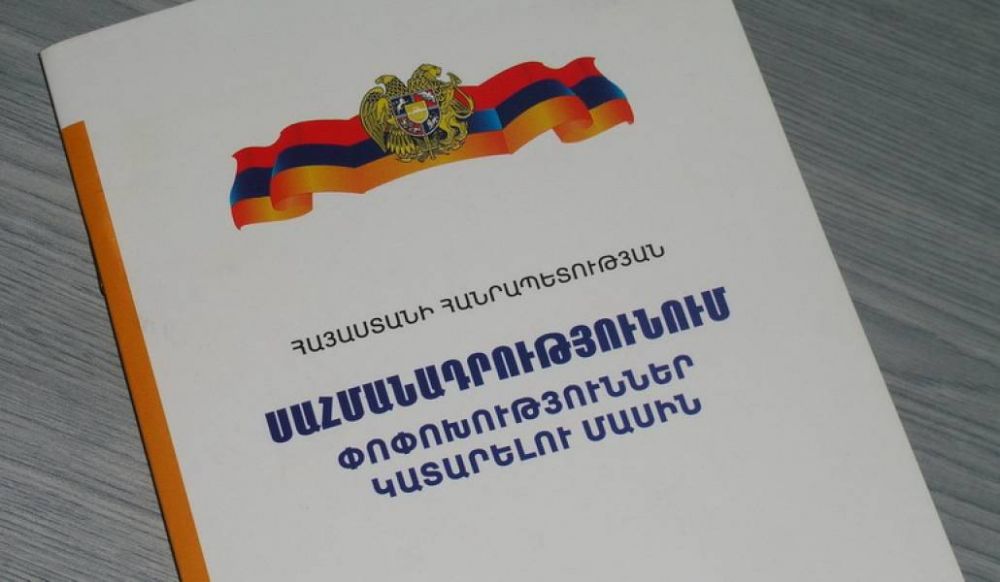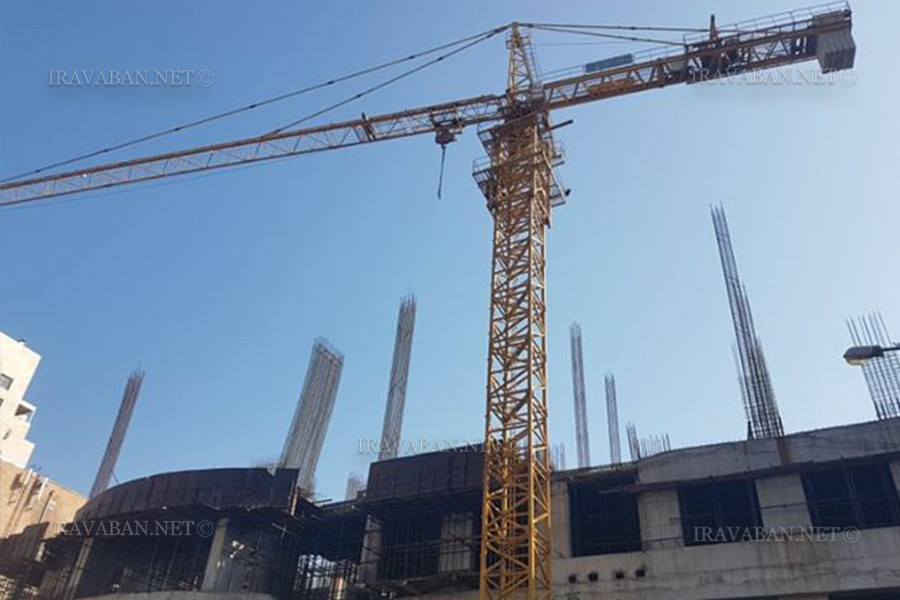
Property is the basis of any society. Property relations are relations arising from the belonging of the goods of nature, the result of labor, economic relations, and only after being regulated by legal norms do they become property rights.
All property rights are equally recognized and protected in the Republic of Armenia. Everyone has the right to possess, use and dispose of legally acquired property at his own discretion. The right to property may be restricted only by law in order to protect the public interest or the fundamental rights and freedoms of others.
The Republic of Armenia has identified certain systemic problems aimed at the protection of property rights. Armenia also identified the issues aimed at the just solution of those problems.
 According to Article 1 of Protocol No. 1 to the European Convention for the Protection of Human Rights and Fundamental Freedoms, “Every natural or legal person is entitled to the peaceful enjoyment of his possessions.
According to Article 1 of Protocol No. 1 to the European Convention for the Protection of Human Rights and Fundamental Freedoms, “Every natural or legal person is entitled to the peaceful enjoyment of his possessions.
No one shall be deprived of his possessions except in the public interest and subject to the conditions provided for by law and by the general principles of international law.”
The entirety of the owner’s powers (possession, use, and disposal) constitutes the content of the property right, and all of them belong to the owner by law as the holder of the subjective property right, and defines the limits of the exercise of the property right, which ensures the complete sovereignty over the property.
The state protects the right to property. The owner has the right to prohibit any influence on his property, except for the actions provided by law or the contract concluded with him.
According to National Strategy for the Protection of Human Rights and its Implementation Action Plan for 2020-2022” (hereinafter referred to as the Strategy) approved by the Government of the Republic of Armenia on 26 December, 2019 by Decision No. 1978-L, the actions and programs mostly target the protection of property rights. As a result of the defined actions, it is envisaged to reduce the number of complaints submitted to the ECHR with alleged violation of property rights, and to reduce the number of complaints on violations of property rights. In the context of the violation of property rights, it is necessary to refer to the judgments of the European Court of Human Rights on Armenia.
In order to solve this problem, the Government of the Republic of Armenia has planned to carry out certain actions during 2020-2022, but the change related to the property right is planned to be implemented in 2021. According to that, it is envisaged to make changes in the RA Law “On Alienation of Property for the Needs of the Society and the State” in accordance with international standards. As a result of the study and analysis of the mentioned legislation, appropriate changes will be proposed, through which it is envisaged to reduce the cases of violation of human property rights as a result of alienation of property for the needs of the society and the state, to provide fair compensation to persons for violation of property rights.
 These changes tend to comprehensively regulate the protection of property rights, as there are still numerous cases of violations of property rights of individuals. In particular, they are expressed through the processes of alienation of property in order to ensure the overriding interests of the public, which by law should be carried out only in exceptional cases, in the manner of initial and adequate compensation.
These changes tend to comprehensively regulate the protection of property rights, as there are still numerous cases of violations of property rights of individuals. In particular, they are expressed through the processes of alienation of property in order to ensure the overriding interests of the public, which by law should be carried out only in exceptional cases, in the manner of initial and adequate compensation.
Ensuring the right to property as a priority, and the actions envisaged under it, are aimed at achieving the UN Sustainable Development Goal # 1, “- End poverty in all its forms everywhere.”
This publication has been produced in the scope of the “Promoting Direct Democracy for Strengthening Human Rights in Armenia” project implemented in the framework of the “Eastern Partnership Civil Society Facility” project funded by the European Union
The contents of this publication are the sole responsibility of the fellow for the “Promoting Direct Democracy for Strengthening of Human Rights in Armenia” project and do not necessarily reflect the opinion of the European Union.
